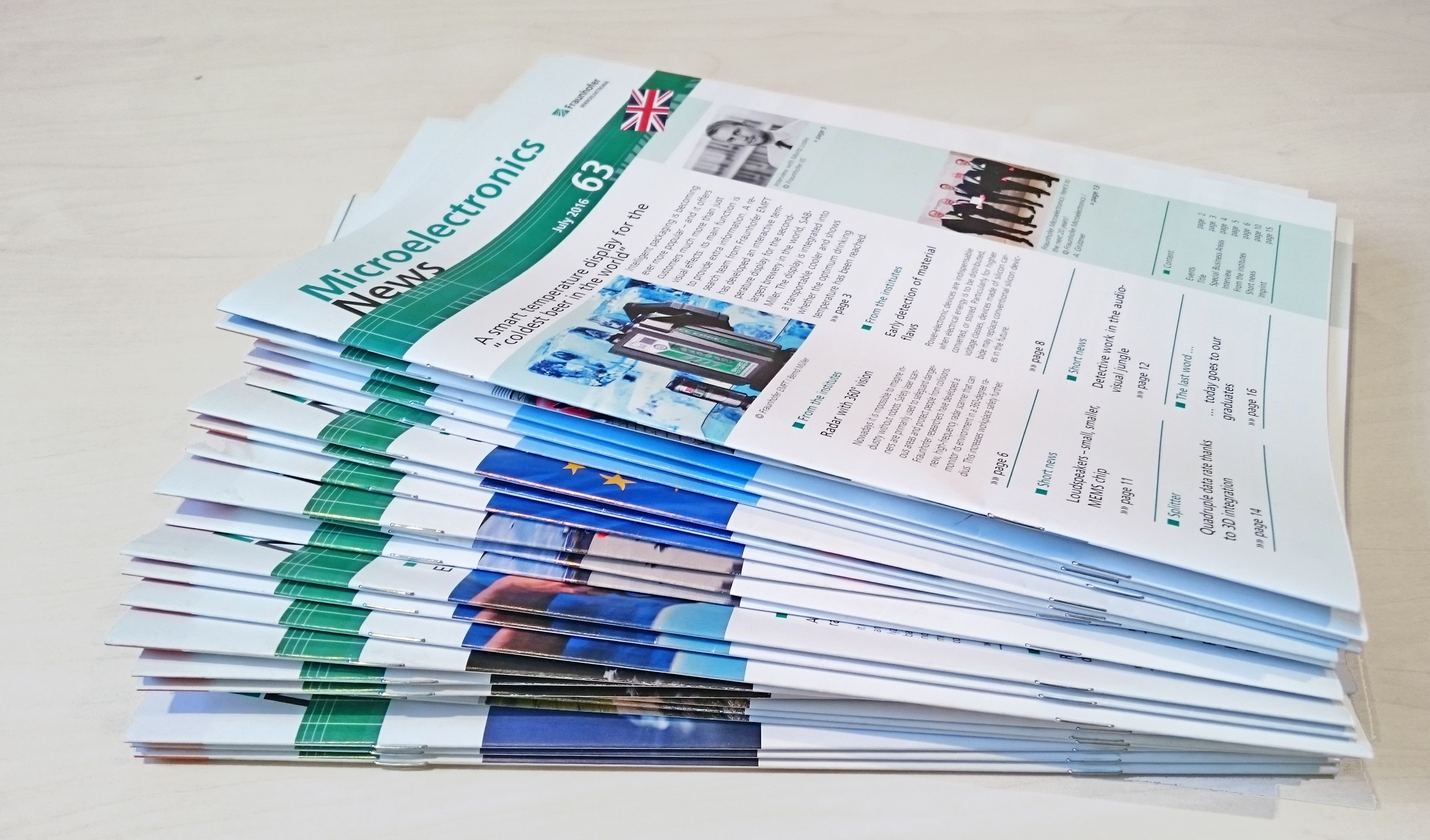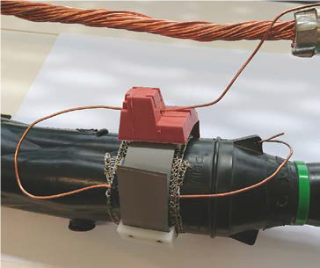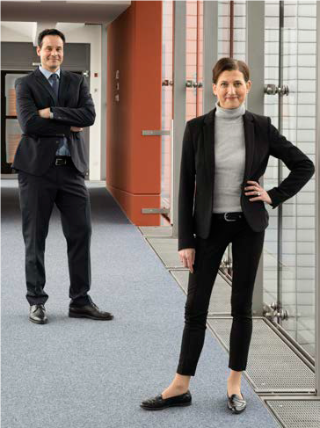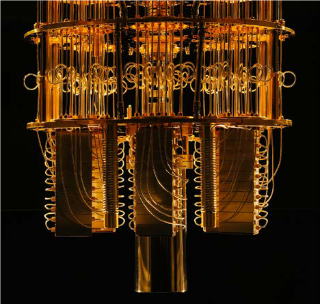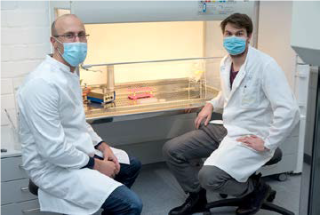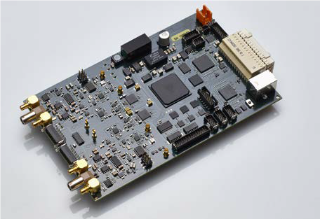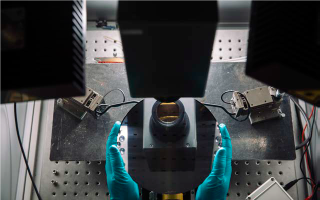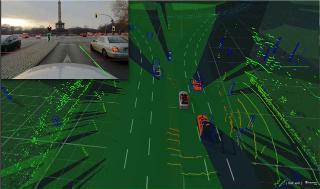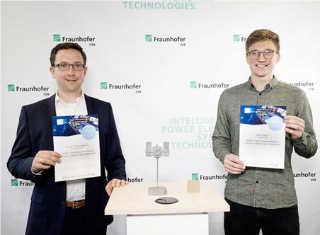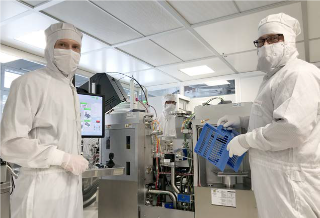
As part of the Research Fab Microelectronics Germany (FMD), Leibniz IHP modernized part of its research infrastructure over the past three years. Sebastian Schulze conducts research in the field of Al-Al bonding and works in Frankfurt (Oder) on one of the new high-tech devices – a high-vacuum bonder that helps, among other things, to reduce the high temperatures during bonding and thus protects the components.
more info